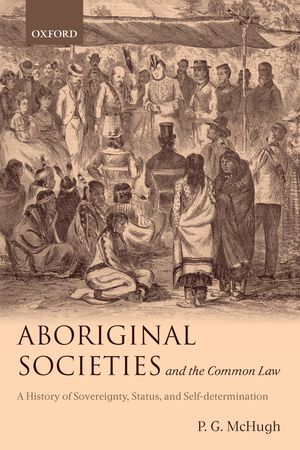
This book describes the encounter between the common law legal system and the tribal peoples of North America and Australasia. It is a history of the role of anglophone law in managing relations between the British settlers and indigenous peoples. That history runs from the plantation of Ireland and settlement of the New World to the end of the Twentieth century.
The book begins by looking at the nature of British imperialism and the position of non-Christian peoples at large in the Seventeenth and Eighteenth centuries. It then focuses on North America and Australasia from their early national periods in the Nineteenth century to the modern era. The historical basis of relations is described through the key, enduring, but constantly shifting questions of sovereignty, status and, more latterly, self-determination. Throughout the history of engagement with common law legalism, questions surrounding the settler-state's recognition - or otherwise - of the integrity of the tribe have recurred.
These issues were addressed in many and varied imperial and colonial contexts, but all jurisdictions have shared remarkable historical parallels which have been accentuated by their common legal heritage. The same questioning continues today in the renewed and controversial claims of the tribal societies to a distinct constitutional position and associated rights of self-determination. Mc Hugh examines the political resurgence of aboriginal peoples in the last quarter of the Twentieth century. A period of 'rights-recognition' was transformed into a second-generation jurisprudence of rights-management and rights-integration. From the 1990s onwards, aboriginal affairs have been driven by an increasingly rampant legalism. Throughout this history, the common law's encounter with tribal peoples not only describes its view of the aboriginal, but also reveals a considerable amount about the common law itself as a language of thought. This is a history of the voyaging common law.